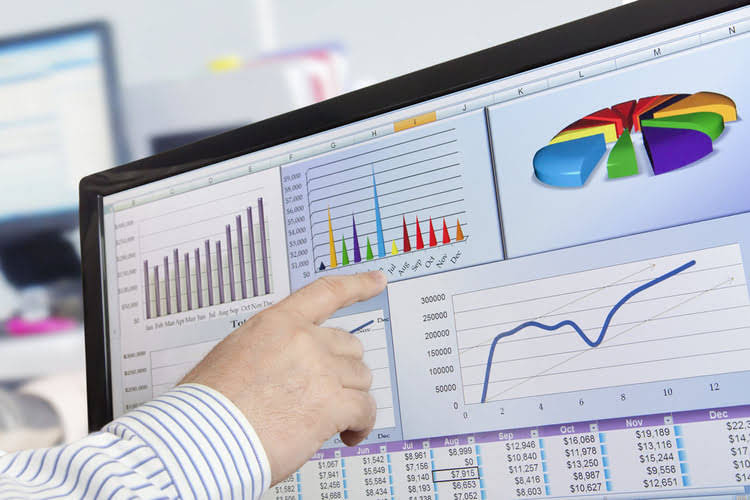
Forensic accountants also use advanced technological tools to ensure accuracy in their work. Businesses or individuals sometimes intentionally falsify their expenses or income statements to escape paying taxes. In such cases, government agencies can employ forensic accountants to uncover these tax frauds. Forensic accounting is when accountants carefully study financial records and transactions to find any clues or evidence of financial wrongdoings like tax evasion, theft, money laundering, etc. They are often called upon to provide expert testimony in court or to assist law enforcement agencies or attorneys in their investigations. Forensic Accounting is the art of investigating accounting records, financial statements, and other related financial records.
- Adam Hayes, Ph.D., CFA, is a financial writer with 15+ years Wall Street experience as a derivatives trader.
- Forensic accountants also tend to make more than a typical accountant; ZipRecruiter reports the average forensic accountant salary is $93,527.
- Forensic accountants use their accounting, auditing, and investigative skills to investigate financial information to uncover evidence of crimes or financial misconduct.
- Understanding these records helps forensic accountants build a strong case for criminal or civil proceedings.
- A bachelor’s degree in accounting, forensic accounting, finance, or a related field is typically the minimum requirement for entry-level positions.
- Thus, a forensic accountant is hired to investigate contract breaches and financial misrepresentations in such cases.
The ability to see the signal through the noise will be increasingly valued as complexity increases. Corporate Intelligence (which is the gathering of public records information from public records and human source enquiries) is used by the modern investigator and as part of a corporate compliance programme. This category is separately analysed by Chambers & Partners, but is nonetheless important for the forensic process.
The 9 Different Types of Accounting
This decision is vitally important for a small business, as the right accounting method can streamline financial management, improve decision-making, and contribute to the overall success and sustainability of your business. Choosing the right type will make it easier for a business owner to manage finances effectively, through accurate financial records and reports. The primary purpose of financial accounting is to track, record and ultimately report financial transactions by generating financial statements. This must be done using standardized quidelines found in Generally Accepted Accounting Principles (GAAP) rules.
They bring their razor-sharp analytical skills and deep understanding of accounting standards to identify and investigate any irregularities in financial reports. To become a CFE, forensic accountants need a degree, a CPA certification, relevant work experience, and to pass a series of CFE exams. While this certification isn’t required of forensic accountants, it can further develop their credibility and job prospects and deepen their forensic accounting defined knowledge of fraud. A bachelor’s degree in accounting, forensic accounting, finance, or a related field is typically the minimum requirement for entry-level positions. According to Zippia, 71 percent of forensic accountants have a bachelor’s degree, and 20 percent have a master’s[2]. Enrolling in forensic accounting courses or considering a concentration, if possible, may be helpful in gaining a better understanding of the field.
Job titles of forensic accountants
Are your client’s losses due to a downturn in the economy, obsolete products, poor management or fraud? These are the questions that Board of Directors, upper management, investors, external auditors, and attorneys need to ask if there are observed abnormalities or unexplained losses in a company’s financial statements. Most forensic accountants major in a related field like accounting, finance, or economics to gain their career skills. Some employers require a master’s in accounting or an MBA with a focus on accounting.
- Here, a forensic accountant can find the true value of the assets to ensure a fair distribution of wealth.
- It adheres to the Generally Accepted Accounting Principles (GAAP), which are standardized guidelines set by the Financial Accounting Standards Board (FASB) to ensure consistency and transparency in financial reporting.
- In addition, forensic accountants can provide expert testimony in court and help to convict those guilty of financial crimes.
- Forensic accounting is the process of reconstructing a business’ financial history to determine whether it has been fraudulent.
- One of the basic investigative techniques utilized by forensic accountant is identifying red flags which are defined as a warning signal or something that demands attention or provokes an irritated reaction.